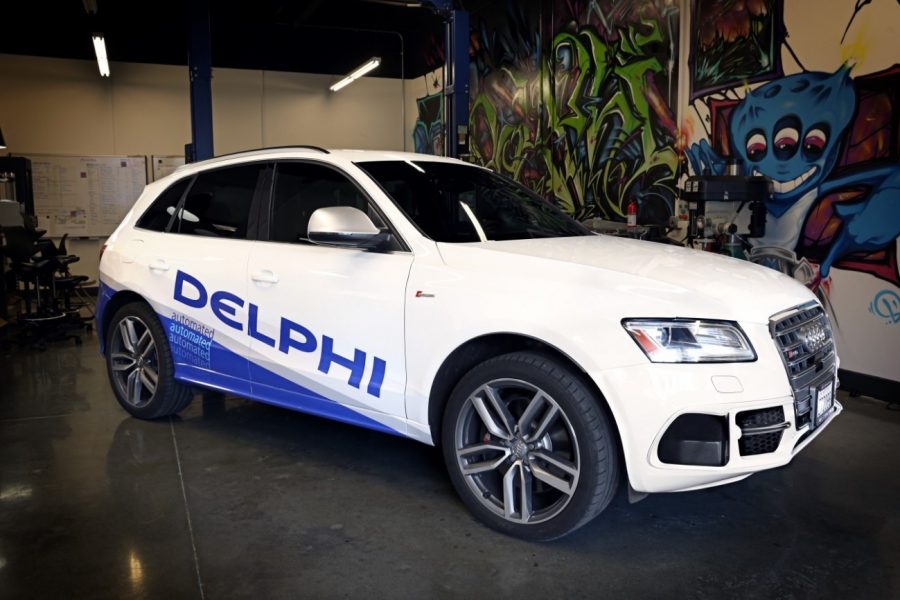Intel will partner up with Mobileye and Delphi to develop the self-driving systems of the future, The New York Times learned on Thursday. The company also formally announced the creation of a new division, the Automated Driving Group (ADG), with this purpose in mind as well.
The news of Intel entering the driverless car game come as no surprise since the chip maker has explicitly said in the past they intend to work in the technology. Intel plans to bring affordable automated system solutions to automakers using their signature chips.
In formalizing its business relationship with Intel, Mobileye finds itself new threat to automakers developing their self-driving platforms with other companies. Mobileye has previously worked with big industry names around the globe like GM and BMW.
Intel’s ADG will lead the way towards mass automation
The newly formed Automated Driving Group (ADG) division of Intel will do in the automotive industry what the company has been doing for almost half a century: bringing quality, affordable solutions with raw processing power.
Intel’s chipsets and semiconductor products are among the best in the market, competing with names such as Qualcomm and NVIDIA as mass producers. These companies have the lead on Intel in the independent driving sector, but they can rest assured Intel will be a worthy competitor.
The Santa Clara-based firm has invested $250 million during the last year alone in self-driving solutions, and it only plans to continue in their efforts with Doug Davis at the head of the division.
Davis, an Intel executive previously on the brink of retirement, postponed his plans of leaving after 30 years in the company to lead the ADG. The group aims at developing and supplying top-notch driverless systems within two years.
Delphi and Mobileye will backup Intel with the necessary technology
The strategic alliance between Intel, Mobileye, and Delphi has further strengthened their existing ties. Mobileye and Delphi have over a decade of history cooperating with each other, while Intel has, at different points, worked closely with the two companies.
While Intel provides the processing power required to navigate streets and roads in real time properly, Delphi and Mobileye bring to the table all the technology necessary that will use the computational strength of the Core series.
Delphi is a world-class company dedicated solely to the development of driver assistance and autonomous driving systems, while Mobileye’s business consists of street vision, object detection, and collision avoidance technologies in the form of specialized sensors and cameras.
While Intel continues to roll out its Kaby Lake series of processors, the collaborative driving systems developed by the alliance will sport either the most powerful processors in the company’s arsenal or an entirely new dedicated chip.
On an interview with The New York Times earlier in the week, the VP of Engineering and Services at Delphi, Glen DeVos, said the future platforms would be able to perform over 20 trillion calculations to make cars truly driverless.
“Delphi and Mobileye hope to offer automakers a system that can give less expensive cars and trucks the intelligence to drive themselves. At the center will be a package of Mobileye and Intel chips capable of computing about 20 trillion mathematical operations a second,” DeVos said. “It’s all about getting to mass production.”
Source: Intel



